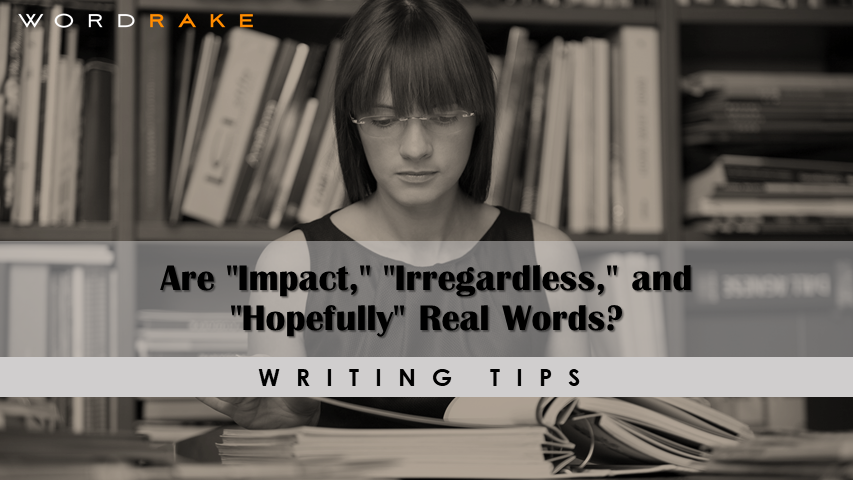Using the word “clear” in a brief guarantees the judge will suspect whatever follows.
Continue readingGary Kinder

Recent Posts
Know the difference.
We often confuse “lay” and “lie” because “lay” is the present tense of “to lay” but the past tense of “to lie.” And the two are not interchangeable. The difference:
Continue reading
“Between” usually applies to two entities; and “among” applies to three or more:
Continue readingWhere you place the word “only” can dramatically change the meaning of a sentence.
Continue readingPut people in your sentences; it enlivens your writing. And it’s so easy.
Continue reading“i.e.” and “e.g.”
These Latin abbreviations are not interchangeable: “i.e.” means only “that is” or “in other words”; “e.g.” means only “for example” (or, for the literati or anyone living two thousand years ago, “id est” and “exempli gratia.”)
Continue reading
“impact” “hopefully” “irregardless” – at least the way we often use them
The varied and rich vocabulary of English (so many good words from which to choose) evolves democratically. Words once unacceptable elbow their way in, and after decades of misuse become acceptable. However, three words we commonly write, aren’t there yet:
Continue reading
“hone,” “less,” and “can,” when they mean “home,” “fewer,” and “may.”
Continue readingAbsolutes
Let's get intellectual for a moment. Think of absolutes as atoms, unadulterated. Absolutes derive the essence of their meaning from being incapable of modification: blank, endless, favorite, pure, square, true, unanimous, unique. Absolutes are complete within themselves, self-sufficient, immutable. One thing cannot be more obvious than another. Or flatter. Or smoother. Or more essential. Obvious is obvious. Flat is flat. Smooth is smooth. Essential is essential. Absolutes have no degrees. They are; or they aren’t.
Continue reading
It’s Saturday. Mid-morning. The market bursts with chicory and kohlrabi and chevre from only ten miles away. Signs sprout like the produce: leek’s, beet’s, brussel sprout’s. And it’s okay if a farmer mistakenly sticks an apostrophe into a word meant to be a simple plural: a sign for turnip’s will not prevent us from buying good ones.
Continue reading












